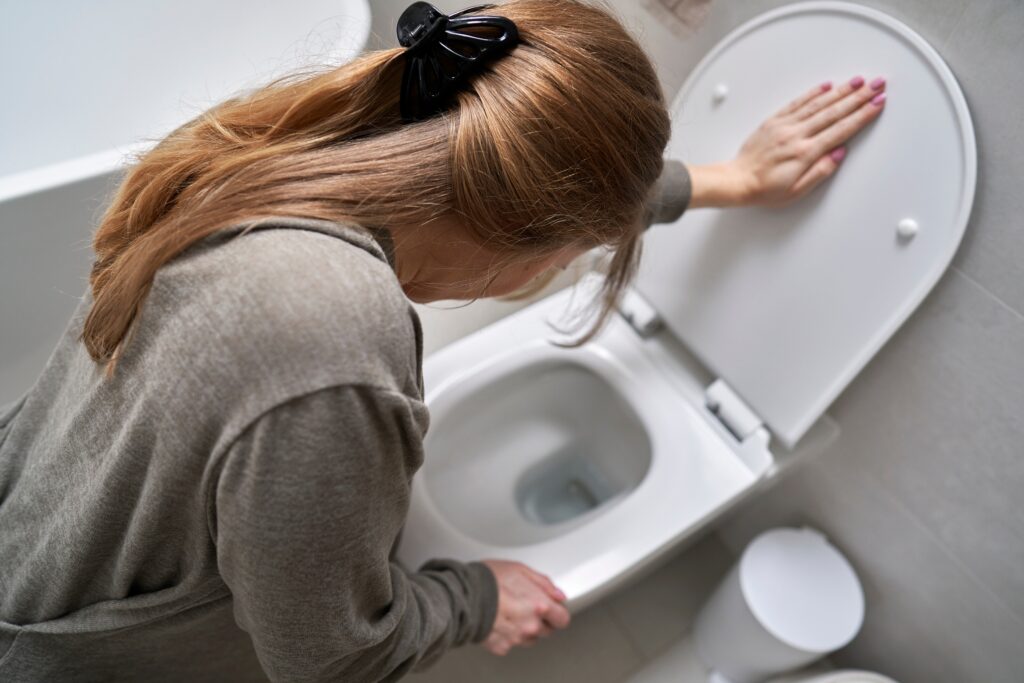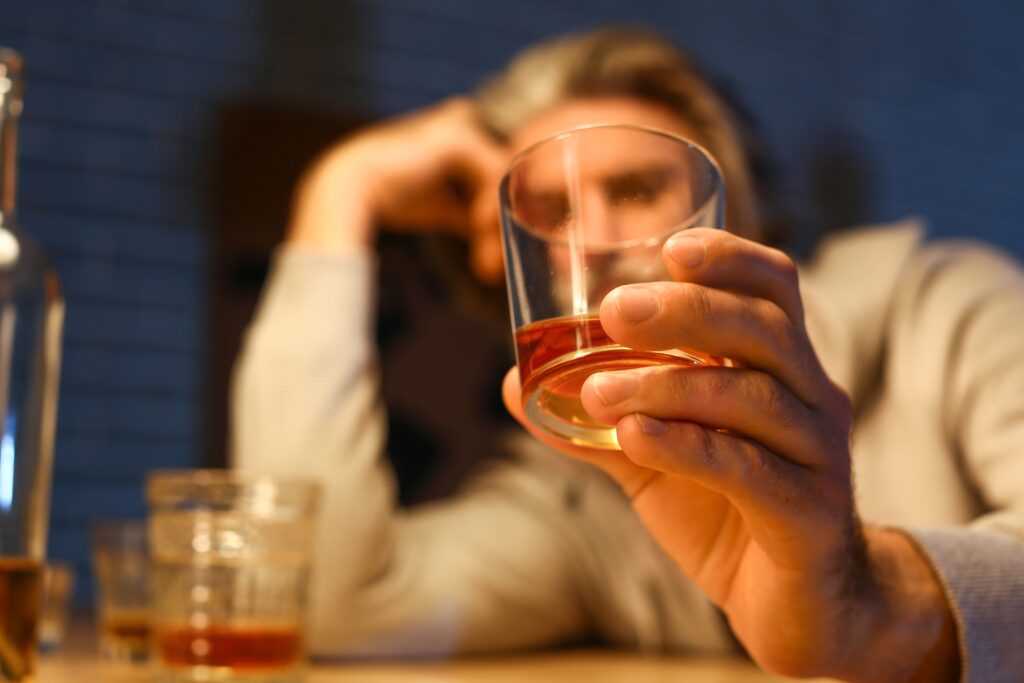Many pregnant women who struggle with drugs don’t inform their midwives about their addiction, feeling ashamed and judged.
But as drug use can have detrimental effects on mother and baby, pregnancy could be an ideal time to help them confront their addiction.
Drugs and alcohol can cross the placenta and affect the developing baby. When the baby is born, the drug supply is cut off, causing withdrawal symptoms such as high-pitched crying, poor feeding, fits and even death of the baby.
Alcohol use during pregnancy also affects foetal development, increasing the risk of miscarriage, post-birth withdrawal and fetal alcohol spectrum disorders, which include birth defects and impaired mental, physical and behavioural development.

Taking drugs during the gestational period can determinately affect an unborn fetus, so it’s only natural that, as a society, we are concerned for the health of children born to mothers with an addiction. Perhaps we feel that a woman’s concern for her offspring should override her desire to use drugs. Unfortunately, substance use disorders are the result of changes in the brain that make drug use compulsive, rendering most people powerless to their pull.
Negative attitudes and stereotypes stop those addicted to drugs from seeking help. Studies show people who have drug addictions often face stigma and discrimination because others do not understand why they started and continue using drugs.
There are many reasons why a person may be more susceptible to substance use disorders, including genetic and social factors that may be beyond their control.
Experiencing mental health disorders, violent, turbulent homes, traumatic events or sexual abuse are just some of the reasons why people use drugs to cope.
Kim, an attendee at the ‘GREAT MOMS’ clinic, grew up in a violent home, causing her to drop out of school, run away and become homeless at 15. She turned to drugs and sex work to continue her drug use. Later in life, she became pregnant, living in a man’s house who provided her with free rent and Benzodiazepines in exchange for sex with him and his friends.
Dr Poland, an addiction medicine specialist who founded the clinic, helped Kim quit drugs before her child was born. In the first appointments with new patients, she tries to upend the doctor-patient power dynamic in the exam room. “I sit below patients so they can internalize that they are in charge — the reverse of what they usually experience,” she said. “I’m showing that I’m just there to support them.”
Stigma is apparent for those with addictions, but even more so for pregnant women.
Pregnant women in the UK only have their urine tested for drugs if there is suspicion of misuse or a history of drug misuse, but this is dependent on pregnant women admitting to drug use, which is rare. Some woman may not even attend their antenatal appointments, anxious that they will be tested for drugs,
Admitting to drug use is rare because women fear judgment and feel they could be subject to supervision after birth or have their baby taken from them. Confiding in their midwife may provoke feelings of guilt. They may feel they ought to stop but are worried they will not succeed.
As mentioned earlier, a child born to a woman addicted to drugs will most likely suffer a range of concerning withdrawal symptoms. At this point, medical staff will become aware that the mother has been using drugs, and by this point, the baby will be in considerable danger. Sometimes, withdrawals don’t show up for several days, which means babies could be discharged and suffer withdrawals without treatment. That is why it is so important to help pregnant women feel safe enough to speak about their addiction to drugs early in their pregnancy.
The question burning in the minds of these mothers is, ‘What’s going to happen to my baby if I tell the truth about my drug use?’.
Most midwives would notice indicators that there is drug use, such as the patient displaying withdrawal symptoms or needle puncture marks when taking blood draws. At this point, healthcare professionals would no doubt discuss drug use and pregnancy, but what if those indicators aren’t apparent in every patient who uses drugs?
If admitting to drug use during pregnancy is rare, perhaps explaining to all patients what occurs if you do disclose drug use and the effects on the baby if you don’t. It’s clear that being informed benefits pregnant mothers and their unborn children; that is why prenatal classes are so beneficial: knowledge is power.
Mothers with an addiction may be feeling conflicted between seeking help to keep their baby healthy and having the baby taken from them if they admit to drug abuse and fail to quit. Reconsidering our own inner conflicts regarding pregnant women using drugs may help us steer away from such strong, stigmatizing language used to condemn them. By doing so, we could help reduce the immense shame woman feel when pregnant and addicted, potentially encouraging them to seek the treatment and support they need to keep themselves and their baby healthy.



